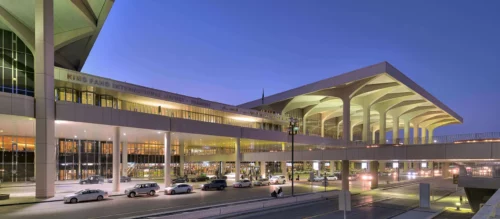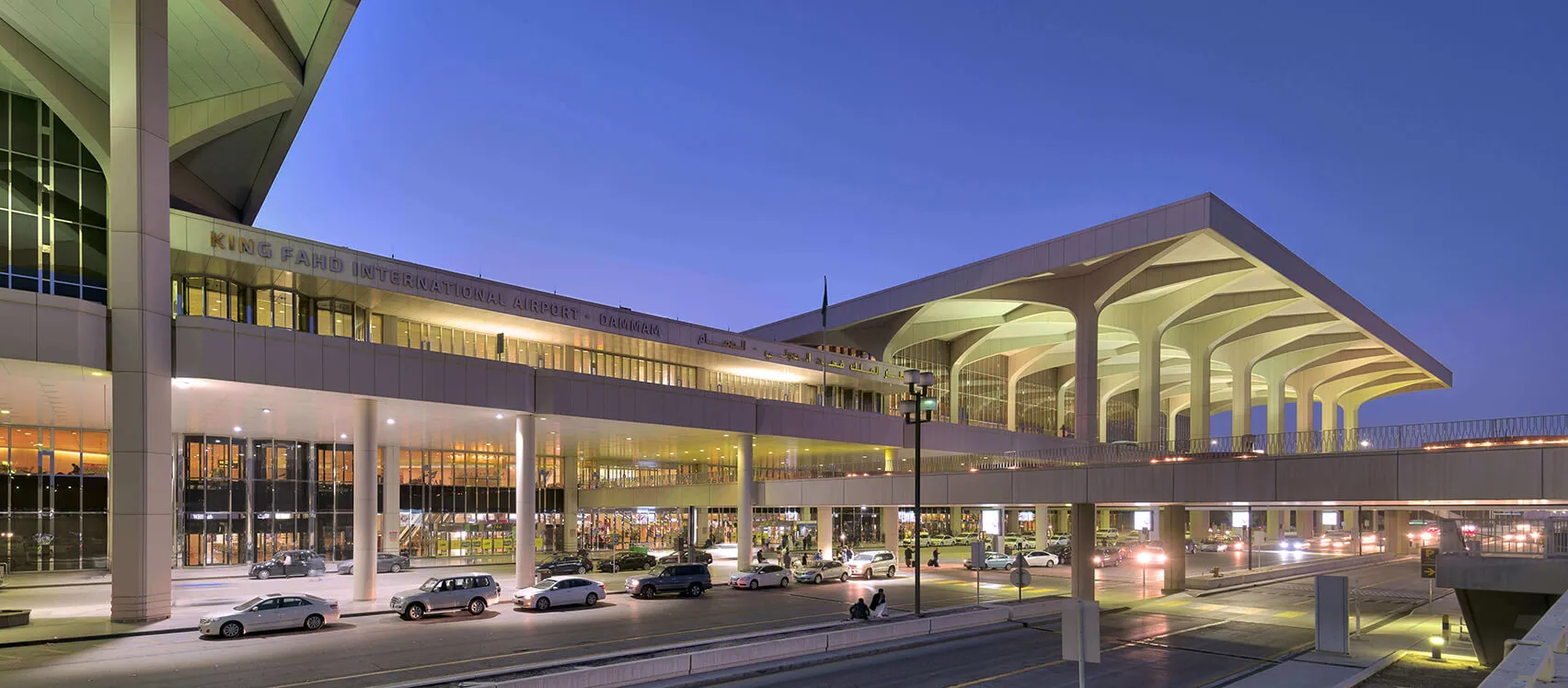Hostels are a suitable alternative to traditional hotels. Many hostels, known for their convenient locations and affordable prices, can offer a comfortable and economical stay throughout your trip. Key tips for booking a hostel can help you choose the best accommodation option. Due to their social atmosphere and low cost, hostels are popular among travelers, particularly younger ones. In this article from Sepehran’s blog, we will cover some tips to help you choose the right hostel and enjoy your trip.
- What is a hostel?
- Types of rooms in a hostel
- Important tips before booking a hostel
- Facilities and services available in hostels
- Advantages and disadvantages of staying in a hostel
- Safety tips for staying in a hostel
- Differences between a hostel and a hotel
- Hostel prices, taxes, and more

What is a Hostel?
Hostels are economic accommodations known for their friendly and social atmosphere. A common feature of hostels is the social environment they offer for a diverse range of travelers, making them ideal for those traveling on a limited budget. Hostels provide a space where you connect with fellow travelers, encouraging interaction among guests. So, if you do not have the spirit of communication with the crowd, it is not a good option for your trip.
Hostels often have shared dormitories, kitchen facilities, and communal areas where travelers can exchange experiences.
Types of Rooms in a Hostel
Most hostels offer shared rooms and bathrooms. Some have larger or smaller dorms, so assessing your comfort level with shared sleeping spaces is essential before choosing a room. Modern hostels often provide beds with individual lights, power outlets, privacy curtains, and lockers to store luggage, and valuables. Some hostels also offer limited private rooms, with or without en-suite bathrooms. These private rooms tend to be more expensive.
Shared Room
Private Room
Types of Beds in a Hostel
Read on the Sepehran Blog:
The Best Eco-Lodges in Iran
Important Tips Before Booking a Hostel
Hostels bring together travelers from diverse cultures in a shared space where they spend time together. While some hostels offer luxurious amenities, most do not. Travelers looking for a high-end experience may not find these facilities in hostels, as hostels are generally known for providing affordable and sometimes simple accommodations.
Regarding privacy, hostels are appealing for their social and communal environment, which many travelers enjoy.
However, staying in a hostel has many benefits: it’s an opportunity to exchange information, make new friends, find travel companions, and learn about different cultures.
- Read Reviews from Previous Guests: Before booking, check reviews from past guests on various websites to ensure the hostel’s quality. Pay attention to recent reviews and the number of reviews to get a clearer picture of the hostel’s quality and atmosphere.
- Check Hostel Facilities: Make sure the hostel offers the amenities you need, such as free Wi-Fi, a fully equipped kitchen, etc.
- Consider the Hostel’s Location: One important aspect of booking a hostel is checking its location. Choose a hostel that is close to the city’s main attractions, public transport stations, and shops for easy access to sightseeing and entertainment.
- Review Hostel Policies: Before booking, carefully read the hostel’s rules and regulations.
- Room Types and Amenities: Most hostels offer shared rooms, but some provide private rooms. If you need more privacy, look for hostels that offer private rooms with en-suite bathrooms.
By following these tips, you can choose a suitable and memorable hostel for your trip.
Facilities and Services Available in Hostels

Hostels usually offer:
- Shared kitchen
- Shared lounge area
- Free Wi-Fi
- Free breakfast
- Laundry services
- Shared bathroom and toilet
Advantages and Disadvantages of Staying in a Hostel
Advantages of Staying in a Hostel:
- Low Cost: One of the main reasons for the popularity is their low price compared to hotels. You can allocate more of your budget to new experiences and sightseeing by staying in a hostel.
- Exposure to Different Cultures: Hostels provide an international environment where you meet travelers and experience different cultures. This can broaden your perspective and help you make new friends.
- Social Atmosphere: Hostels often have communal spaces like kitchens, lounges, and rooftops, which provide excellent opportunities to interact with other travelers and create shared memories.
- Great Location: Many hostels are located in central areas of cities, close to tourist attractions, making it easier to access popular sites.
- Variety of Amenities: Modern hostels offer various amenities including free Wi-Fi, well-equipped kitchens, clean and secure rooms, and sometimes even guided tours.
Disadvantages of Staying in Hostels:
- Less Privacy: In hostels, you share a room, which may result in less privacy than staying in a hotel.
- Noise: Living in a shared environment with different people can be noisy, especially at night.
- Security: Although most hostels are safe, there is still a risk of theft or losing personal belongings. So, it is important to take care of your items.
- Cleanliness: The cleanliness of hostels depends on the behavior of other guests. In some cases, you might encounter messy rooms or communal spaces.
- Rules and Regulations: Hostels often have specific conditions that are followed. These might include quiet hours, restrictions on alcohol consumption in rooms, and more.
Ultimately, whether to choose a hostel or a hotel depends on your personal needs and preferences. A hostel could be a great option If you’re looking for social experiences, low cost, and a convenient location. But if you need more privacy and peace, maybe it’s better to choose a hotel.
Safety Tips for Staying in a Hostel:
- Locking Your things While Sleeping and When Leaving the Room: Use small, portable locks to secure your locker or drawers.
- Keeping Important Documents in a Safe Place: Store your passport and other important documents in the hostel’s safe or in anti-theft bags.
- Knowing the Emergency Exits: Identify the locations of emergency exits in the hostel.
- Avoiding Food or Drinks from Strangers: Refrain from accepting food or drinks from strangers.
- Using Tracking Apps: Consider using location-tracking apps to enhance your personal safety.
Difference between hostel and hotel

| Feature | Hostel | hotel |
| Price | Cheaper | More expensive |
| Privacy | Less | More |
| Amenities | Limited (shared kitchen, shared lounge) | Varied (restaurant, pool, gym)
|
| Social Space | More | Less |
| Room Type | Shared rooms with multiple beds | Private single or double rooms |
Hostel Rental, Taxes, and Other Considerations
Nowadays, most hostels are listed on online booking websites for accommodations and hotels, making it fairly easy to compare prices (and applicable taxes) if you book in advance. If you plan to book directly upon arrival, keep in mind that some hostels accept cash only, while others may take credit cards—be prepared, especially if arriving without a reservation. Some hostels may only accept cash payments. Also, be aware of any additional charges for certain services, like renting towels or bed linens.
View popular foreign hostels and book directly from the link.
Conclusion
Choosing the right hostel by considering important booking tips can make your trip a memorable experience. For a budget-friendly and solo journey, pick a hostel that suits your needs and preferences. Enjoy the amenities and social space, and create a unique experience during your stay in a hostel.
Frequently Asked Questions











